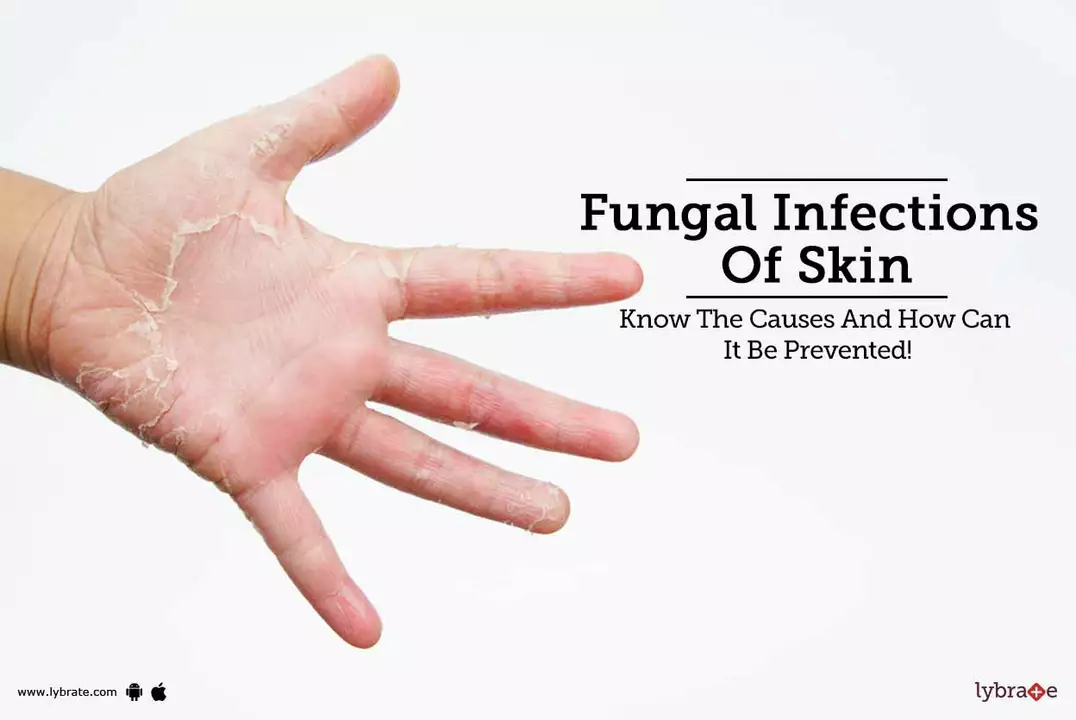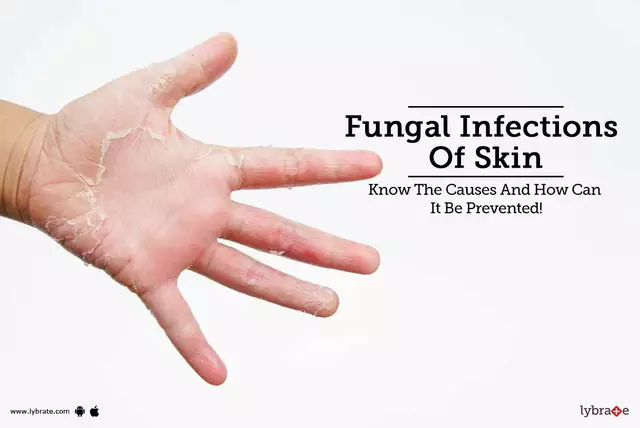Understanding the Connection Between Tattoos and Skin Infections
In recent years, tattoos have become increasingly popular and socially acceptable. However, as more and more people choose to get inked, it's important to understand the potential risks associated with the art form. One of the primary concerns is the link between skin infections and tattoos. In this article, we will explore this connection and discuss what you should look out for to ensure that you can enjoy your tattoo without any complications. We will cover the following topics:
Why Tattoos Can Potentially Cause Skin Infections
Although tattoos are a beautiful and expressive form of body art, they are not without their risks. The tattooing process involves breaking the skin's surface with a needle to insert the ink, which creates a wound. As with any wound, there is the potential for infection if proper care is not taken. Factors such as the cleanliness of the tattoo parlor, the experience of the tattoo artist, and your own personal hygiene and aftercare can all contribute to the risk of developing a skin infection.
Common Types of Skin Infections Associated with Tattoos
There are several types of skin infections that can be caused by tattoos, ranging from mild to severe. Some of the most common types include bacterial infections, such as Staphylococcus aureus and Streptococcus pyogenes, which can lead to cellulitis or impetigo. Other possible infections include fungal infections, like Candida, or viral infections, such as herpes simplex or warts. In some cases, these infections can become severe and even life-threatening if not treated promptly and appropriately.
Signs and Symptoms of Tattoo-Related Skin Infections
It's essential to know the signs and symptoms of a skin infection so you can seek medical attention if necessary. Some common signs of a tattoo-related skin infection include redness, swelling, and warmth around the tattoo site, as well as pus or discharge. You may also experience fever, chills, and a general feeling of being unwell. If you notice any of these symptoms, it's important to consult a healthcare professional as soon as possible. Early intervention can prevent complications and ensure a smooth healing process for your tattoo.
Preventing Skin Infections: Choosing the Right Tattoo Parlor and Artist
One of the best ways to prevent skin infections from tattoos is to carefully choose where you get your tattoo and who applies it. Look for a reputable tattoo parlor that has a clean and sterile environment. The tattoo artist should be experienced, licensed, and adhere to proper sanitation practices, such as wearing gloves, using sterilized equipment, and disposing of needles properly. Don't be afraid to ask questions about their safety procedures and experience. Remember, it's your health and safety on the line.
Proper Tattoo Aftercare to Minimize Infection Risks
Once you've chosen a trustworthy tattoo parlor and artist, it's essential to follow proper aftercare instructions to minimize the risk of infection. Your tattoo artist should provide you with detailed care instructions, which may include keeping the tattoo clean and dry, avoiding submerging it in water, and applying a topical antibiotic ointment. It's also important to avoid picking at or scratching your tattoo, as this can introduce bacteria and increase the risk of infection. If you have any concerns or questions about your tattoo's healing process, don't hesitate to contact your tattoo artist or a healthcare professional for guidance.
When to Seek Medical Attention for a Tattoo-Related Skin Infection
If you suspect that you have developed a skin infection related to your tattoo, it's crucial to seek medical attention promptly. Early intervention can help prevent complications and ensure the best possible outcome for your tattoo and overall health. Signs that you should consult a healthcare professional include worsening redness, swelling, or pain around the tattoo site, pus or discharge, and fever or chills. A healthcare professional can assess your situation, determine the appropriate treatment, and provide guidance on how to care for your tattoo moving forward.
In conclusion, understanding the link between skin infections and tattoos is essential for anyone considering getting inked. By being aware of the potential risks, choosing a reputable tattoo parlor and artist, following proper aftercare instructions, and knowing when to seek medical attention, you can help ensure that your tattoo experience is a positive and healthy one.






Post A Comment